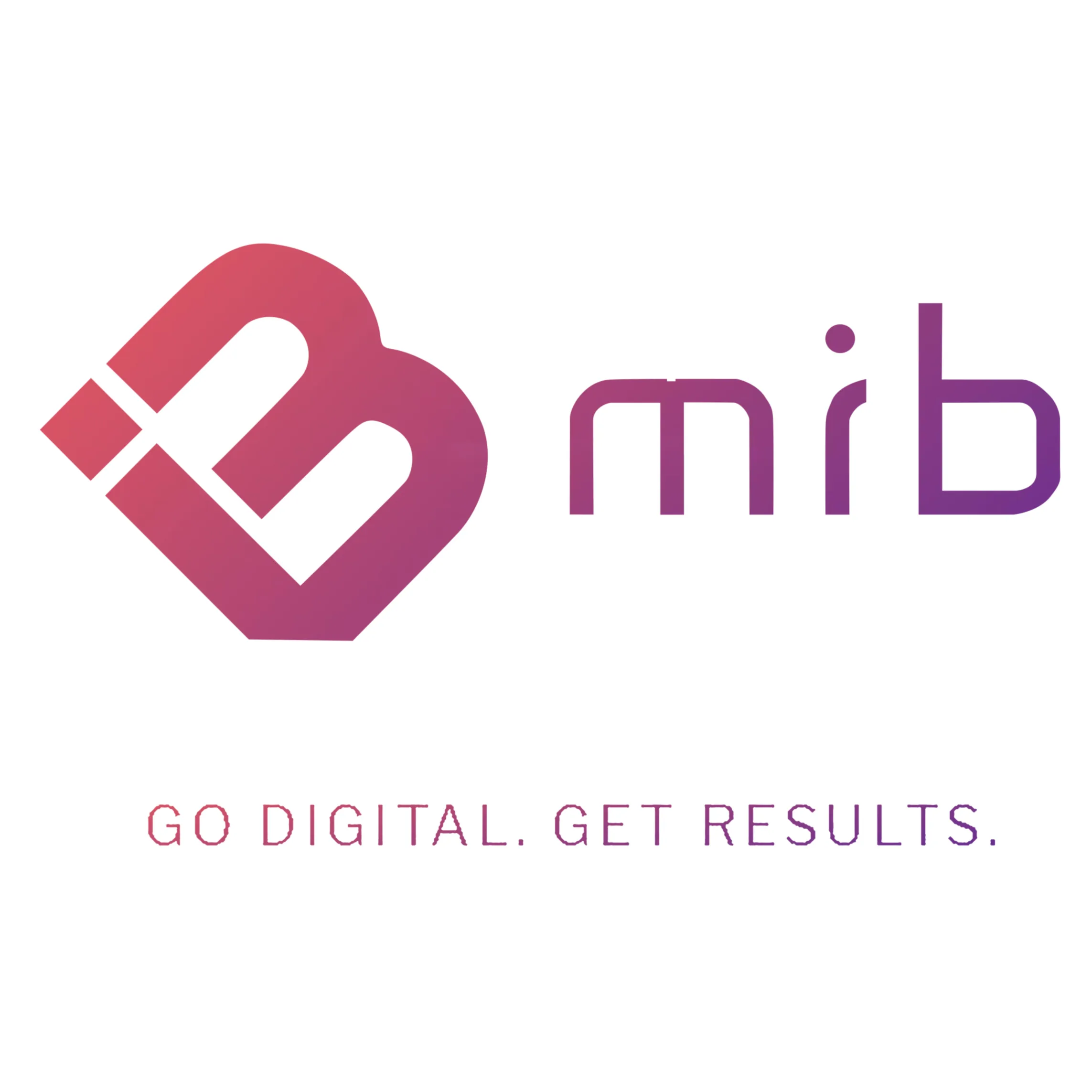Top Cross-Platform App Development Frameworks in 2025: Best Mobile App Development Tools for Success
Introduction to Cross-Platform App Development
What is Cross-Platform Development?
Cross-platform app development allows developers to write a single codebase that runs on multiple platforms, such as iOS, Android, and web browsers. This method has gained immense popularity due to its ability to reduce costs, development time, and the complexity of managing multiple codebases for each platform.
Benefits of Cross-Platform Mobile App Development
Some of the key benefits include:
- Faster development cycle: Write once, run anywhere.
- Lower development costs: You don’t need to create separate codebases for each platform.
- Wider audience reach: By targeting multiple platforms simultaneously, you can reach more users.
Why Cross-Platform App Development is Essential in 2025
Market Trends
As mobile app usage continues to skyrocket, businesses are constantly seeking ways to maximize reach while minimizing development time and costs. In 2025, cross-platform development is becoming a necessity as users demand faster, more efficient apps, and businesses look for ways to streamline their operations.
Efficiency and Cost Savings
Cross-platform frameworks allow developers to deliver apps faster by reusing most of the code. This efficiency reduces not only development costs but also the maintenance cost of managing different codebases for different platforms.
Top Cross-Platform App Development Frameworks in 2025
React Native: Leading the Charge
React Native continues to be one of the most popular cross-platform frameworks due to its seamless integration with both Android and iOS. It allows for high-quality, natively compiled apps using JavaScript and React.
- Pros: High performance, large community, reusable components.
- Cons: Sometimes requires native code for specific functionalities.
Flutter: The Rising Star
Flutter, developed by Google, is another powerful framework that is quickly gaining traction in 2025. Known for its fast development and expressive UI, Flutter has the potential to create highly responsive apps.
- Pros: Rich UI, hot reload feature, great for developing visually appealing apps.
- Cons: Limited libraries compared to React Native.
Xamarin: Still Strong in 2025
Xamarin remains a popular choice for businesses who want to leverage their knowledge of C# and .NET. Xamarin allows for the development of high-performance apps for both iOS and Android.
- Pros: Native performance, strong support from Microsoft.
- Cons: Large app sizes, slower build times.
Ionic: Bridging the Web and Mobile Gap
Ionic is perfect for web developers who want to dive into mobile app development. With its web-based approach, Ionic can create progressive web apps (PWAs) and hybrid mobile apps.
- Pros: Easy integration with existing web technologies, large community.
- Cons: Lower performance compared to native apps.
PhoneGap: A Reliable Option
PhoneGap, backed by Adobe, is a reliable choice for developers who prefer to work with HTML, CSS, and JavaScript to build mobile apps. It’s especially useful for simple applications or MVPs.
- Pros: Great for quick prototypes, wide plugin support.
- Cons: Lower performance, limited native functionality.
Best App Development Frameworks for Mobile Apps
Native vs. Cross-Platform Development
Native development refers to building apps for a specific platform (e.g., Swift for iOS or Java/Kotlin for Android), while cross-platform frameworks allow you to create one app that runs on multiple platforms.
Advantages of Using the Best Frameworks for Mobile Apps
- Code Reusability: Cross-platform frameworks allow you to reuse most of the code across platforms.
- Cost-effective: With only one team working on the app, development costs are drastically reduced.
- Faster Time to Market: The development process is faster with cross-platform tools, allowing for quicker deployment.
Mobile App Development Tools in 2025
Native development refers to building apps for a specific platform (e.g., Swift for iOS or Java/Kotlin for Android), while cross-platform frameworks allow you to create one app that runs on multiple platforms.
Android Studio: Essential for Hybrid Apps
Android Studio is still a top choice for hybrid apps, providing developers with all the necessary tools for Android development and support for cross-platform technologies like Flutter and React Native.
Visual Studio Code: A Developer’s Favorite
Visual Studio Code is a lightweight, yet powerful code editor that supports multiple frameworks such as React Native and Ionic, making it perfect for cross-platform development.
Xcode: Ideal for iOS-Centric Development
Xcode is the go-to tool for iOS app development. While it’s not specifically cross-platform, it is essential for building iOS apps and can be used in conjunction with cross-platform frameworks like Flutter.
Appgyver: No-Code App Development
Appgyver is a no-code platform that enables developers and non-developers alike to create mobile apps without writing code. It’s a great tool for building simple cross-platform applications.
Comparing Top Mobile App Development Frameworks
Performance
React Native and Flutter offer near-native performance, while frameworks like Ionic and PhoneGap may experience performance issues with complex apps.
Learning Curve
React Native and Flutter have relatively easy learning curves, especially for JavaScript developers. Xamarin can be a bit steeper due to the need for familiarity with C# and .NET.
Community and Support
React Native and Flutter have large, active communities. Xamarin also benefits from strong support from Microsoft, while Ionic has a dedicated web developer following.
How to Choose the Right Cross-Platform Framework for Your App
Factors to Consider Before Choosing
- Project Requirements: Consider whether you need high performance, rich UI, or simple functionalities.
- Developer Expertise: Choose a framework that matches your team’s skills.
- Long-term Maintenance: Choose a framework that has good support and scalability.
Frameworks Tailored for Specific App Types
- React Native and Flutter are great for complex, high-performance apps.
- Ionic is better suited for simpler, web-based apps.
- PhoneGap is ideal for basic MVPs or prototypes.
Pros and Cons of Cross-Platform Development
Advantages
- Faster Development: Reuse most of the code across platforms.
- Cost Efficiency: Lower overall development costs.
- Wider Reach: Ability to target multiple platforms simultaneously.
Challenges
- Performance Issues: Cross-platform frameworks can sometimes lag behind native apps in terms of performance.
- Limited Access to Device Features: Some frameworks may have limitations in accessing device-specific functionalities.
Best Practices for Cross-Platform App Development
Ensuring Code Reusability
Make sure to write modular, clean code to ensure it can be reused across different platforms.
Testing and Debugging
Make sure to test your app on multiple devices to ensure compatibility across different platforms.
Future Trends in Cross-Platform App Development
AI Integration
Artificial Intelligence is expected to play a big role in future cross-platform apps, helping to enhance user experience and app functionalities.
Performance Optimizations
As frameworks evolve, expect continued improvements in the performance of cross-platform frameworks, narrowing the gap with native apps.
Conclusion: The Future of Cross-Platform App Development
Cross-platform app development continues to revolutionize the mobile app industry, offering cost-effective, efficient, and scalable solutions for businesses aiming to reach wider audiences. With frameworks like React Native, Flutter, Xamarin, Ionic, and tools such as Android Studio and Visual Studio Code, developers in 2025 are empowered to create high-performing, user-friendly apps with minimal effort.
As the demand for faster, cross-compatible apps grows, these frameworks and tools will evolve, integrating cutting-edge technologies like AI, machine learning, and improved performance capabilities. However, choosing the right framework depends on your project requirements, developer expertise, and the desired user experience.
By embracing best practices, staying updated on future trends, and selecting the appropriate tools, businesses and developers can harness the power of cross-platform development to stay ahead of the competition in this fast-paced digital landscape.
The future of app development is bright, and cross-platform frameworks are paving the way for a more unified and efficient development process. Whether you’re a startup or an enterprise, now is the time to invest in these technologies and shape the apps of tomorrow!





